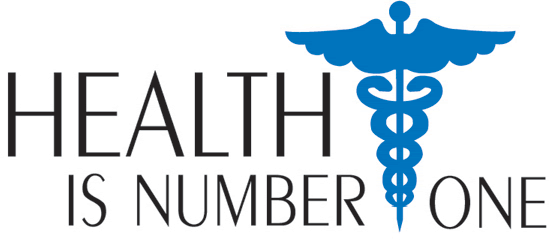Health Library ~ Family Medicine in Mullica Hill, NJAll Material copyright Craig M. Wax, DO. FatBy Craig M. Wax, DO
Dietary fat is an important part of the daily diet. Fats, called lipids, are important for energy metabolism. However, most Americans never suffer from a fat deficiency. On the contrary, most Americans take in too much dietary fat on a daily basis.
Fats are found mostly in animal products such as red meat, pork and whole dairy products (milk, ice cream, butter and cheese). These products should only be consumed in moderation; i.e. small amounts at a meal. Fats and oils are closely related. Fat differs from oil only because fat is solid at room temperature. Oil is a liquid at room temperature. Chemically, fats and oils have the same effects on your body. There are a few types of fat. Saturated fat is, by far, the most problematic. It causes the formation of plaque that is deposited in the blood vessels. This can cause heart disease, strokes, hypertension, etc. Lard and beef tallow are the worst fats that you can use. Nut derived oils such as peanut and sesame, as well as coconut, are highly saturated. Fast foods like cheeseburgers and french fries are high in saturated fat. They also have a high cholesterol and salt content. Fruit, vegetables, pasta and starches are healthier choices. Unsaturated fats and oils are better for your body. Unsaturated oils, such as olive, are one of the more healthy oils to use. Check the labels on food products at the store. Processed foods nutritional labeling must show the type and amount of fat they contain. Remember that less fat can be better. However, processed food manufacturers want you to buy their products. Therefore, they will do anything to make them taste better; this includes adding more fat, cholesterol or sugar (sucrose). "Fat free" foods usually have added sugar for that reason. Be careful and select your foods wisely. Being a careful consumer will make you a health winner at the supermarket. |
|





